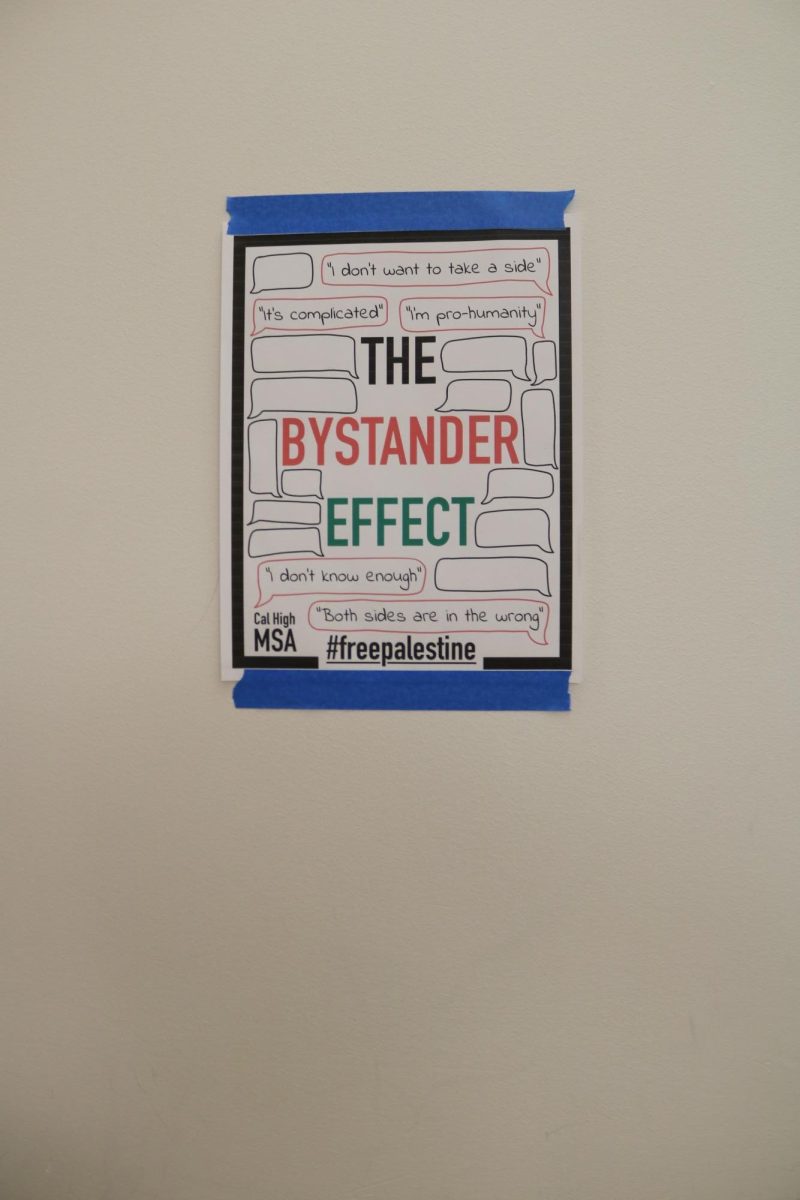Remembering SOPHIE, the Immaterial Hyperpop Icon
February 15, 2021
On January 30, trailblazing producer, musician, and performer SOPHIE passed away in Athens, Greece after falling from a roof while trying to observe the previous night’s full moon.
“Tragically our beautiful Sophie passed away this morning after a terrible accident,” announced SOPHIE’s management team with a statement from the artist’s family. “True to her spirituality she had climbed up to watch the full moon and accidentally slipped and fell. She will always be here with us. The family thank everyone for their love and support and request privacy at this devastating time.”
“I couldn’t believe it,” said sophomore Ruby Fields on hearing the news of SOPHIE’s passing. “It just didn’t feel like that was something that was ever going to happen. Like, people can say this a lot, but I truly felt like that she was like an immortal woman. I was just in shock.”
[SOPHIE] really was an inspiration and she was a force to be reckoned with.
— Quenby Wilson
At only 34 years old, Scottish artist Sophie Xeon, who went by the stage name of SOPHIE, had already created a genre of music unlike any other: hyperpop. Without her genius producing, songs like “Vroom Vroom” by Charli XCX, “745 sticky” by 100 gecs, “Yeah Right” by Vince Staples, and “B*tch I’m Madonna” by Madonna feat. Nicki Minaj would not have been possible.
SOPHIE was not just an incredibly talented producer, but a stunning writer and artist, too. In her 2017 single “It’s Okay to Cry,” SOPHIE came out as a transgender woman, and let her album “Oil of Every Pearl’s Un-Insides” open with her anthem of embracing her transness.
“God is Trans,” said SOPHIE in a 2018 interview with Paper magazine.
“[SOPHIE] was the musician I looked up to the most. She was the most influential producer in pop music at this time and she was also a trans woman. And so to have that influence and to also have an identity that didn’t always have that influence, she really was an inspiration and she was a force to be reckoned with,” said sophomore Quenby Wilson.
Just days before her passing, SOPHIE had released a new single, “Unisil,” which marked what many of her fans thought was the beginning of a new era.
“I was heartbroken,” said Wilson on how she felt the day of SOPHIE’s passing. “I was devastated because she had just released a song, and it seemed like she was starting a whole new era. And the fact that that was cut off so soon didn’t seem real to me.”
While SOPHIE may be gone, her legacy lives on in the hearts and minds of those she has shaped through her art.
“I want people to remember her as someone who did exactly what they wanted to do and didn’t produce music just to be popular or just to make money… I want her to be remembered as someone who made what she wanted to be put out into the universe,” said Fields, who, as someone who makes music in her free time, saw a role model in SOPHIE’s producing side.
“You don’t see many super famous or influential female producers,” said Fields. “I saw that it was possible to make incredible stuff… and I think that producers definitely should get more recognition, especially when they have such a wide variety of artists they’ve worked with, like SOPHIE did.”
Rest in peace, SOPHIE. May she always be “Immaterial.”
This story was originally published on The Rubicon on February 8, 2021.
































![IN THE SPOTLIGHT: Junior Zalie Mann performs “I Love to Cry at Weddings,” an ensemble piece from the fall musical Sweet Charity, to prospective students during the Fine Arts Showcase on Wednesday, Nov. 8. The showcase is a compilation of performances and demonstrations from each fine arts strand offered at McCallum. This show is put on so that prospective students can see if they are interested in joining an academy or major.
Sweet Charity originally ran the weekends of Sept. 28 and Oct. 8, but made a comeback for the Fine Arts Showcase.
“[Being at the front in the spotlight] is my favorite part of the whole dance, so I was super happy to be on stage performing and smiling at the audience,” Mann said.
Mann performed in both the musical theatre performance and dance excerpt “Ethereal,” a contemporary piece choreographed by the new dance director Terrance Carson, in the showcase. With also being a dance ambassador, Mann got to talk about what MAC dance is, her experience and answer any questions the aspiring arts majors and their parents may have.
Caption by Maya Tackett.](https://bestofsno.com/wp-content/uploads/2024/02/53321803427_47cd17fe70_o-1-1200x800.jpg)
![SPREADING THE JOY: Sophomore Chim Becker poses with sophomores Cozbi Sims and Lou Davidson while manning a table at the Hispanic Heritage treat day during lunch of Sept 28. Becker is a part of the students of color alliance, who put together the activity to raise money for their club.
“It [the stand] was really fun because McCallum has a lot of latino kids,” Becker said. “And I think it was nice that I could share the stuff that I usually just have at home with people who have never tried it before.”
Becker recognizes the importance of celebrating Hispanic heritage at Mac.
“I think its important to celebrate,” Becker said. “Because our culture is awesome and super cool, and everybody should be able to learn about other cultures of the world.”
Caption by JoJo Barnard.](https://bestofsno.com/wp-content/uploads/2024/01/53221601352_4127a81c41_o-1200x675.jpg)










